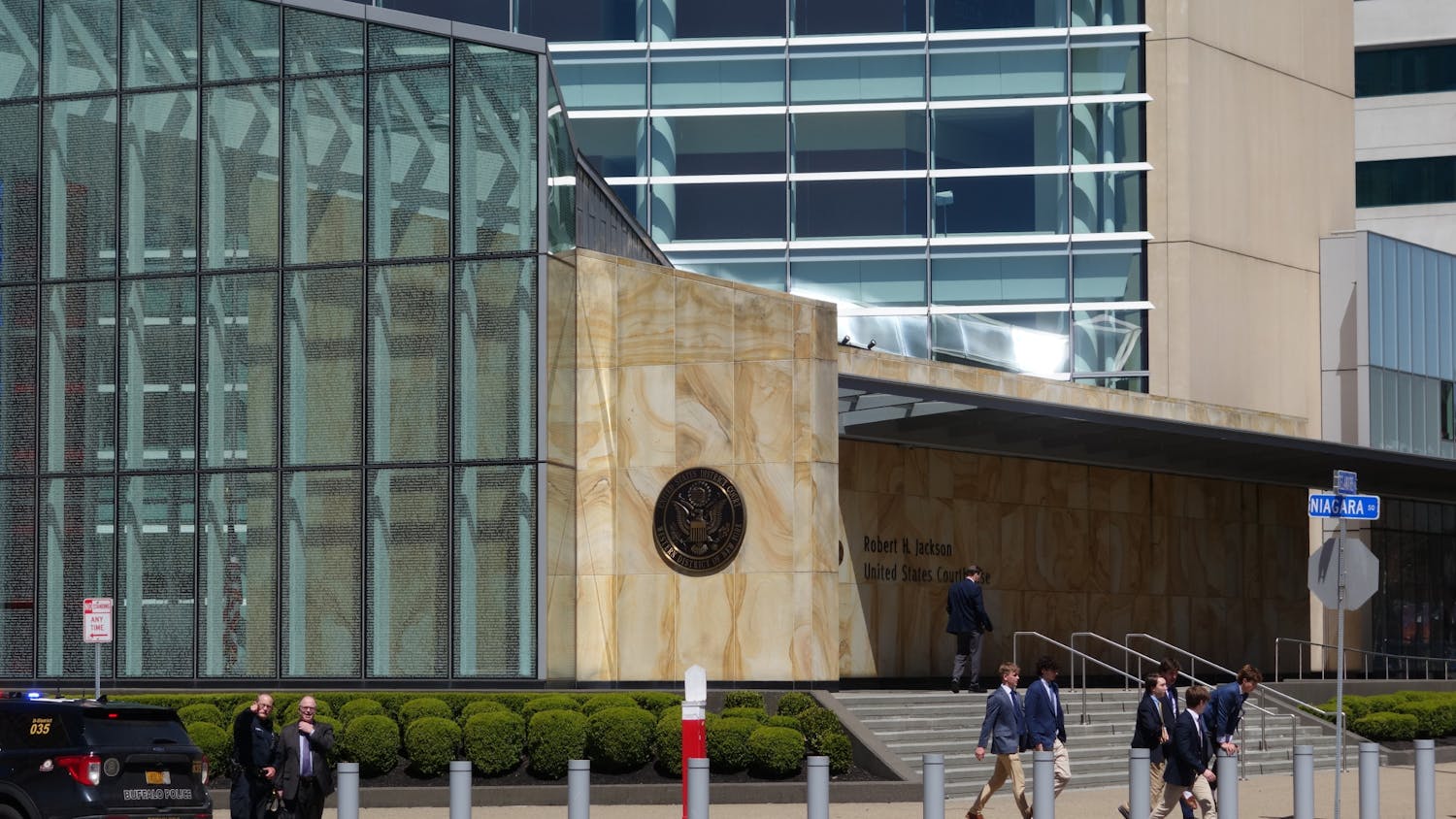I am sick and tired of Iraq being compared to Vietnam. That analogy is simply not going to do us any good. Yes, Iraq looks increasingly like a quagmire with every passing day, but it would behoove both the United States and the Middle East to start drawing their history lessons from elsewhere.
Since the sweep by Democrats in the mid-term elections earlier this month, the United States' future in Iraq has been an even hotter issue than usual. Do we stay or leave? Should we use more troops or fewer? And what can we do, if anything, to stop Iraq from turning into an un-winnable, unpopular war akin to Vietnam?
Amid the recent media frenzy, I thought Newsweek's special report, "Rethinking Iraq: The Way Forward," was particularly on key. Fareed Zakaria's best point, though, is easy to miss in the lengthy article: "We must talk to Iraq's neighbors about their common interest in security and stability in Iraq. None of these countries - not even Syria and Iran - would benefit from the breakup of Iraq."
I would take Zakaria a few steps further: Almost completely missing from the debate over Iraq is an honest and necessary discussion of the United States' wholesale foreign policy in the Middle East. For three years, the Bush administration has fostered the opinion that if Iraq fell into place, the rest of the region would follow, like a reverse domino theory. Clearly, that is not reality.
With all the attention on Iraq, I have to wonder whether the United States has given up on or just plain forgot about the crisis in Israel. Palestinian rockets continue to launch out of Gaza and Israeli tanks keep rolling in, and meanwhile, the issue of peace seems to have disappeared off Washington's radar. And as Bush plays a dead-end game of cat and mouse with Syria and Iran, I just don't see how the president's piecemeal strategy can achieve the changes that region desperately needs. It is time the United States rethink not only Iraq but also the entire Middle East.
Which brings me back to Vietnam. If Americans want to avoid dooming themselves to repeat history in the Middle East, don't look to Southeast Asia. Look no further than the Middle East itself and a desert country no bigger than Bush's Texas - Yemen.
It was in 1962 that civil war broke out in Yemen, the poor southern neighbor of Saudi Arabia. Just two years earlier, John F. Kennedy had been elected to the White House. His immediate focuses were Cuba and the Soviet Union, but Kennedy also started to build from scratch a new Mideast policy. Instead of giving particular countries special treatment, Kennedy wanted to exercise "even-handedness" between the old Arab monarchies, the rising Arab nationalists, and the young Jewish state of Israel.
And for a while, it worked. Economic incentives kept an aggressive, Pan-Arab Egypt focused inward; urged social reforms kept the Iranian and Saudi kingdoms afloat; and Kennedy was able to build a relationship with Israel that was both moral and realistic and held hope for peace.
But then came Yemen, where nationalists overthrew the monarchy. Egypt rushed in to back the nationalists and the Saudis supported the royalists. As the Arabs became more entrenched and divided, the United States was forced to choose sides. After the Saudis threatened to decrease oil shipments, and considering Egypt and Syria's ties to the U.S.S.R., you can guess which side Kennedy chose.
Soon after, Kennedy also became the first president to sell missiles to Israel, which increasingly feared for its safety as the Soviets armed warring Egypt. When JFK was killed in 1963, his legacy in the region was cut short. Even-handedness had fallen apart, and the president was gearing up for a second, refocused attempt. His policies were in the middle of an overhaul when he died. Yemen had unexpectedly shifted the landscape to what are today familiar U.S. alliances with Saudi Arabia, Jordan and Israel. But ultimately, and more important, it was Yemen that set the stage for the 1967 Six-Day War, which has defined the Middle East for the last 40 years.
Vietnam holds plenty of bad memories for the United States. But if Iraq becomes another Yemen - a watershed conflict that breaks the Middle East apart, only to set it up for a larger devastating war - that will be a tragedy all on its own in U.S. history.
Like Kennedy began to but could not finish, Bush needs to realign U.S. strategy from Egypt to Iran and Oman to Lebanon. On Monday morning, Israel reopened the door to peace talks, and on Sunday, there was buzz the United States might pursue direct diplomacy with Iran and Syria. Now we'll see what Bush does with a chance to make his own history.





